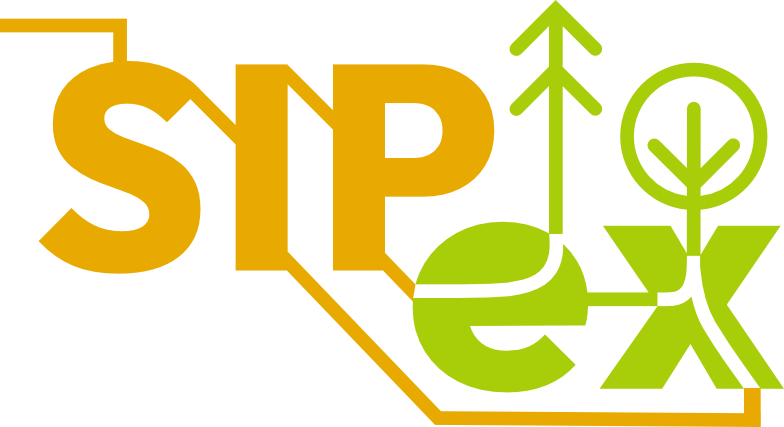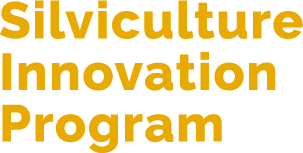-
Foundations of Advanced Silviculture Certificate
The Foundations of Advanced Silviculture micro-certificate is designed to provide a comprehensive education in modern forest management. It consists of four two-week courses covering topics such as silviculture fundamentals, forest ecology with Indig...The Foundations of Advanced Silviculture micro-certificate is designed to provide a comprehensive education in modern forest management. It consists of four two-week courses covering topics such as silviculture fundamentals, forest ecology with Indigenous perspectives, current practices in stand development, and monitoring systems for continuous improvement. Upon successful completion, learners receive both individual course certificates and a final micro-certificate. -
Climate Vulnerability and Adaptation (CVA) Certificate
The UBC Climate Vulnerability and Adaptation micro-certificate is an 8 week online program designed for natural resources professionals. It provides training on climate science, vulnerability assessments, and adaptation development, focusing on apply...The UBC Climate Vulnerability and Adaptation micro-certificate is an 8 week online program designed for natural resources professionals. It provides training on climate science, vulnerability assessments, and adaptation development, focusing on applying these concepts to management and business case adaptation within a forestry context. -
Climate Action and Community Engagement (CACE) Certificate
The UBC Climate Action and Community Engagement micro-Certificate is an 8 week online program designed to help learners gain the skills and understanding required to train on local climate change, community engagement techniques, and developing Clima...The UBC Climate Action and Community Engagement micro-Certificate is an 8 week online program designed to help learners gain the skills and understanding required to train on local climate change, community engagement techniques, and developing Climate Action Plans. -
Forest Carbon Management Certificate
The Forest Carbon Management micro-certificate is designed for professionals in natural resource sectors. It provides foundational knowledge in forest carbon accounting, data analysis, project development, and market navigation. Through real-world ca...The Forest Carbon Management micro-certificate is designed for professionals in natural resource sectors. It provides foundational knowledge in forest carbon accounting, data analysis, project development, and market navigation. Through real-world case studies and applied learning, participants will gain practical skills to assess and manage forest carbon initiatives in both domestic and international contexts. The program is ideal for those seeking to diversify their expertise and contribute to climate action through sustainable forest practices. -
Forest Management Planning Certificate
The Forest Management Planning micro-certificate will equip participants with foundational knowledge and tools to develop and evaluate forest management plans. Participants will learn to assess forest ecosystem services, balance competing objectives,...The Forest Management Planning micro-certificate will equip participants with foundational knowledge and tools to develop and evaluate forest management plans. Participants will learn to assess forest ecosystem services, balance competing objectives, and apply planning concepts across multiple scales. The program integrates case studies from British Columbia and emphasizes sustainable forest management practices. By the end, participants will be able to critically analyze management options and create effective, goal-oriented forest plans. -
Communication Strategies for Resource Practitioners Certificate
The Communication Strategies for Resource Practitioners micro-certificate is designed to help professionals in natural resource sectors develop impactful communication skills. Through four focused courses, participants will learn written, oral, multi...The Communication Strategies for Resource Practitioners micro-certificate is designed to help professionals in natural resource sectors develop impactful communication skills. Through four focused courses, participants will learn written, oral, multimedia, and social change strategies tailored to environmental contexts. The program emphasizes audience engagement, stakeholder collaboration, and reputation-building for the forestry industry. Learners will gain hands-on experience through case studies and campaign development, preparing them to communicate complex ideas effectively and persuasively. -
Forest Health Management Certificate
The Forest Health Management micro-certificate will teach professionals how to detect, diagnose, and manage forest health issues caused by insects and diseases. Through four sequential courses, learners will explore insect and disease biology, ecolog...The Forest Health Management micro-certificate will teach professionals how to detect, diagnose, and manage forest health issues caused by insects and diseases. Through four sequential courses, learners will explore insect and disease biology, ecology, identification, and mitigation strategies. The program emphasizes early detection and response to forest health threats, which are increasingly influenced by climate change and globalization. -
Co-Management of Natural Resources Certificate
The Co-Management of Natural Resources micro-certificate is a flexible online program designed to build competencies in collaborative resource management. It equips Indigenous and non-Indigenous professionals with tools to foster institutional change...The Co-Management of Natural Resources micro-certificate is a flexible online program designed to build competencies in collaborative resource management. It equips Indigenous and non-Indigenous professionals with tools to foster institutional change, intercultural understanding, and effective partnerships. Participants will explore real-world case studies, including those from Haida Gwaii, and gain insights into law, governance, and strategies for navigating complex systems. The program is grounded in the Truth and Reconciliation Commission Calls to Action and the UN Declaration on the Rights of Indigenous Peoples.


